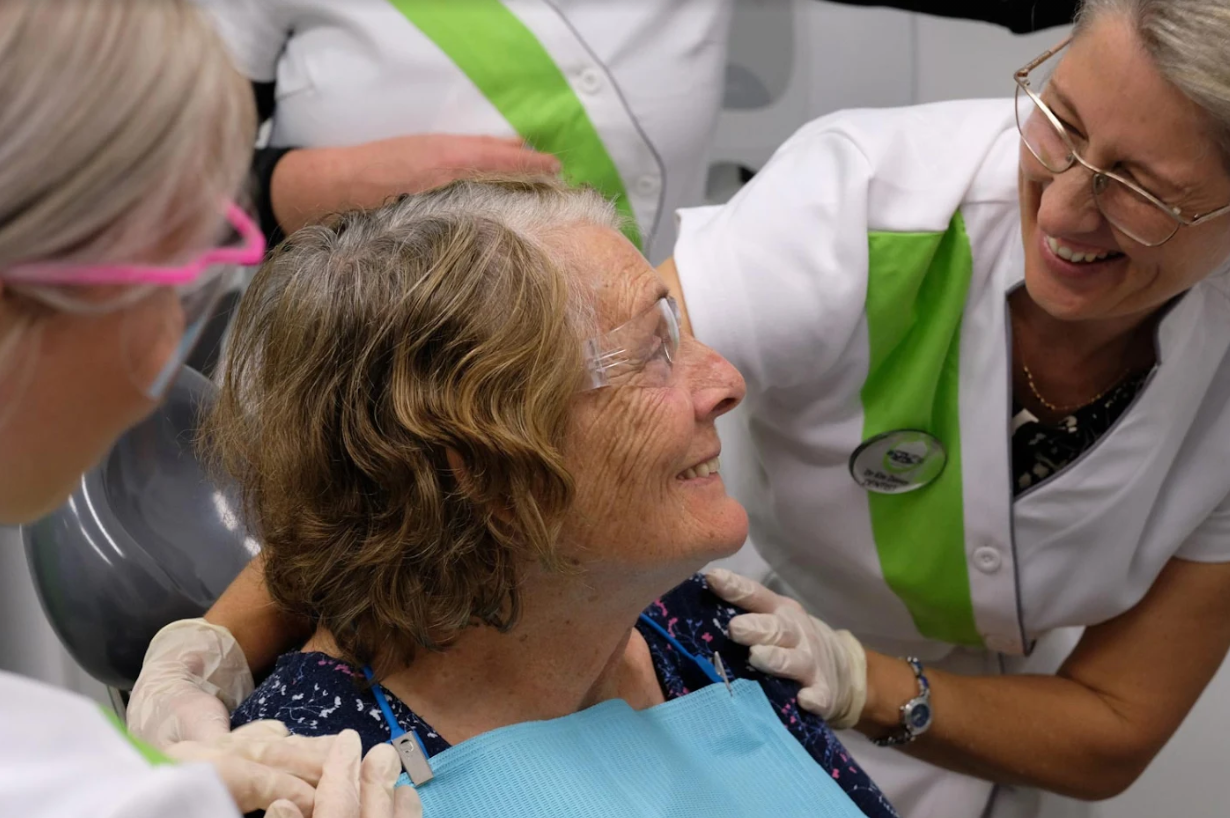- What is periodontal gum disease?
In some people, there is a weakness between where the tooth meets the gum. In health, the gums are pink and firm with no pain and no bleeding. With gum disease the bacteria in plaque gather at the junction between the tooth and gum. The body’s immune response attempts to remove the invading bacteria by swelling and attacking the germs. As the gums become more inflamed, they bleed more easily, allowing more germs to invade into the space. When a gap opens up between the gum and the tooth the disease progresses and the bacteria are able to hide in this gap, away from the toothbrush. This gap is known as a pocket. Dentists can measure the pocket depth to assess how far advanced the disease is and whether it is progressing or stable. Xrays also play a key role in measuring how much bone has become lost in the breakdown of the gums. Once bone is lost around the tooth, it does not grow back.
- Is there a cure?
There is a genetic component to gum disease, so you may find your Mum or Day also have gum problems. This is a disease that you are born with so there is no cure as such, but there is management. The aim is to keep the bacteria out of the pockets with meticulous, daily oral hygiene.
The dentist (or specialist periodontist) will help with this by doing a detailed scale and clean every 6 months or more (sometimes 3 monthly). Your overall health plays a part in combating this disease too. Problems are seen more frequently in smokers and other illnesses like diabetes.
- What if I don't get treatment?
Periodontal gum disease (along with breath freshness) does not tend to get better if left untreated. The gums can recede away from the teeth causing the teeth to get loose and painful. The deeper the pockets get, the harder it is to keep them clean. Once a deep infection has established, it may be near impossible to keep clean and the tooth will need to be removed. If teeth are removed, their replacements could be implants or dentures. Implants may still suffer from gum disease in periodontal patients. A disease called peri-implantitis means that even implants can suffer the same gum degeneration. As periodontal gum disease is a chronic inflammatory disease, there are also health repercussions such as an increased risk of having a heart attack or stroke. These are very good reasons to have periodontal gum disease treated by a dentist or periodontist specialist.
Routine Dental Hygiene
You don’t need to floss every tooth,
only the ones you want to keep.


